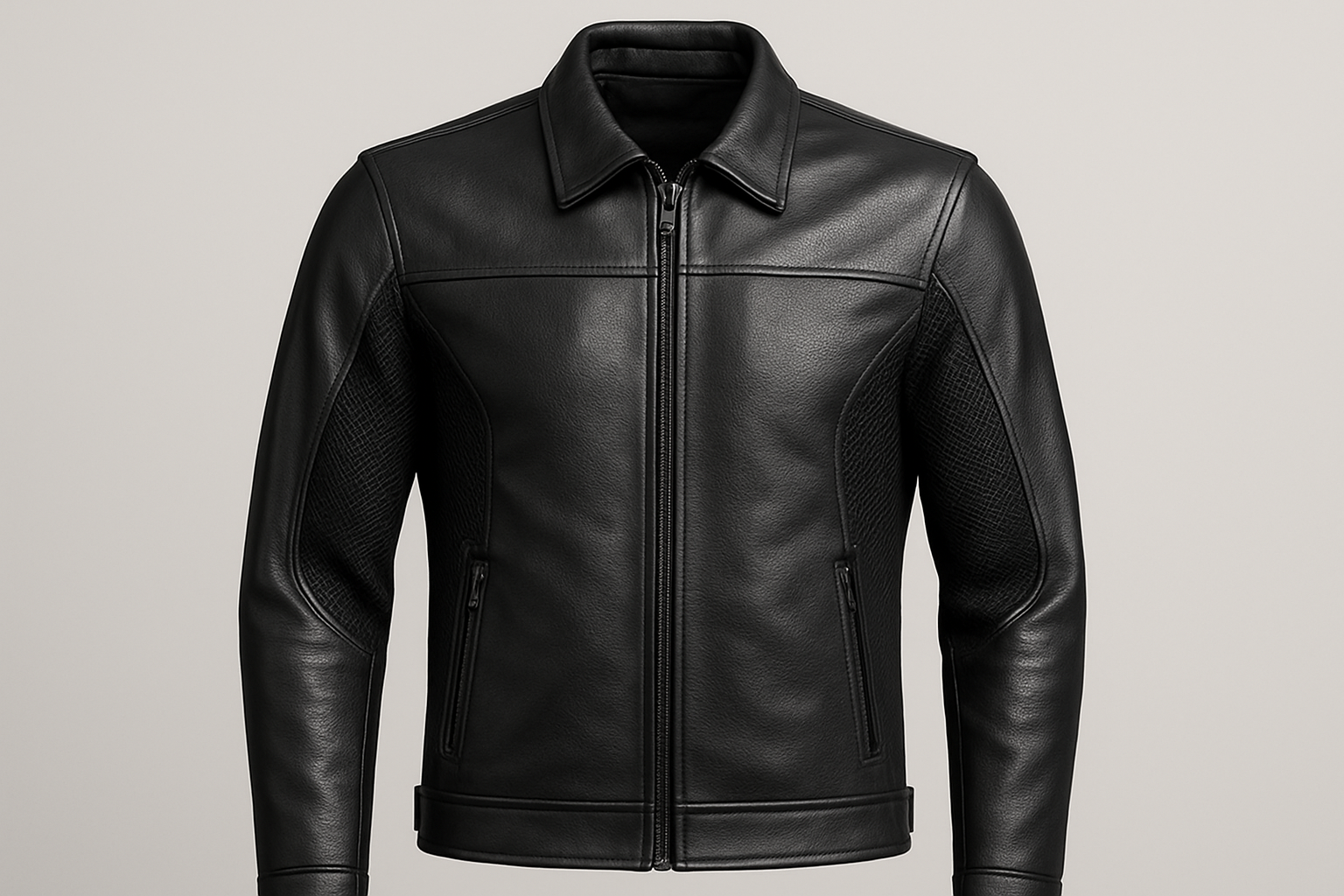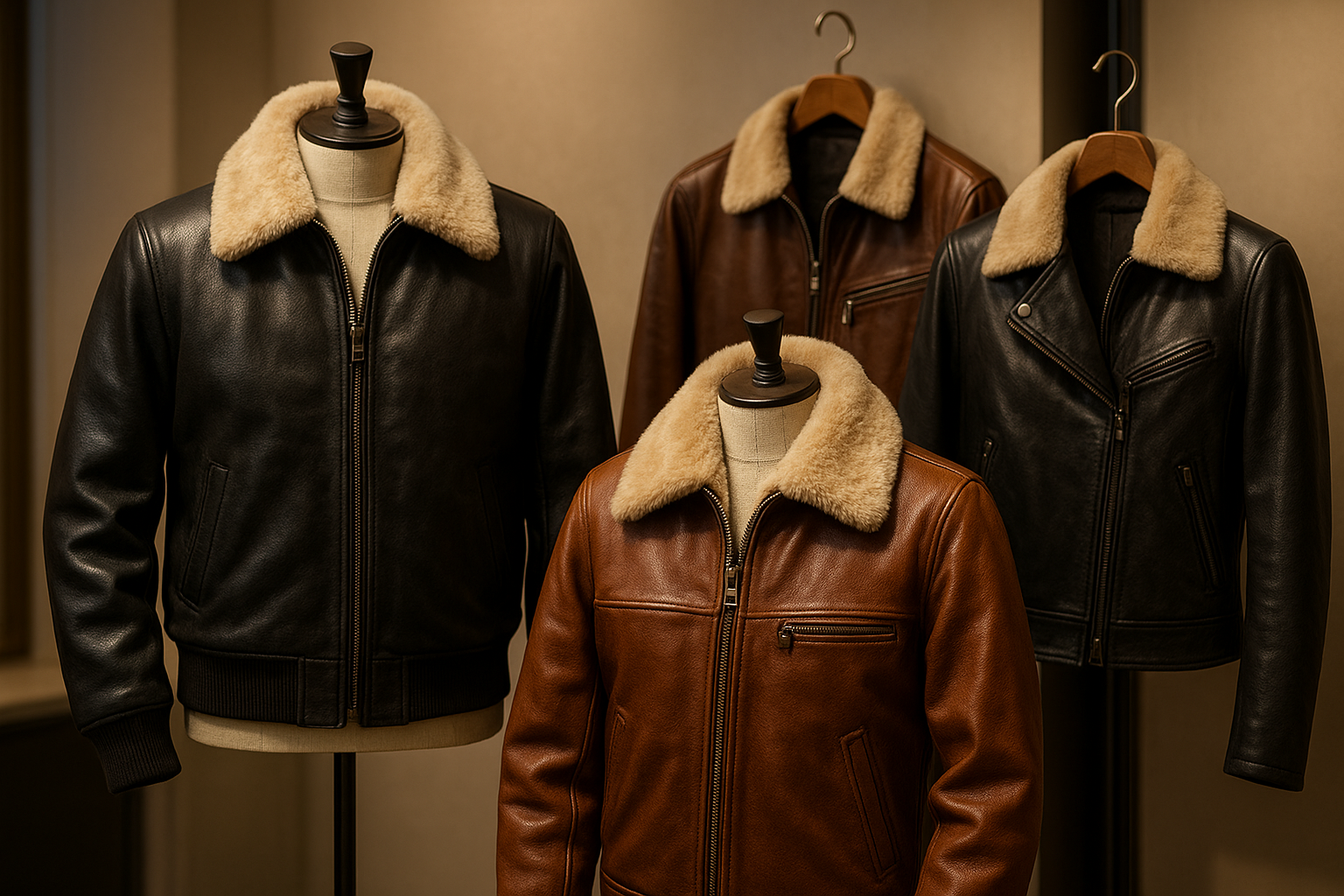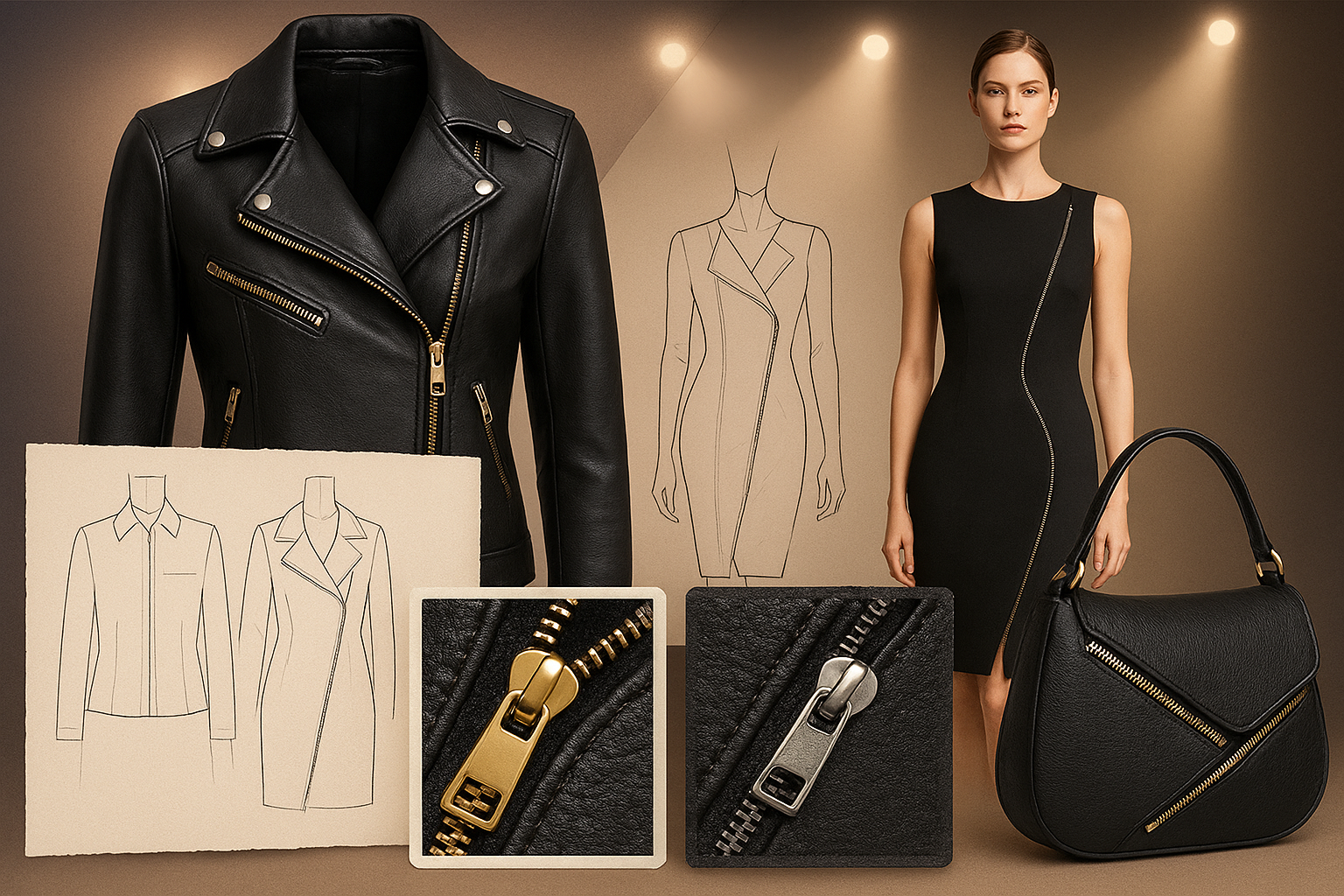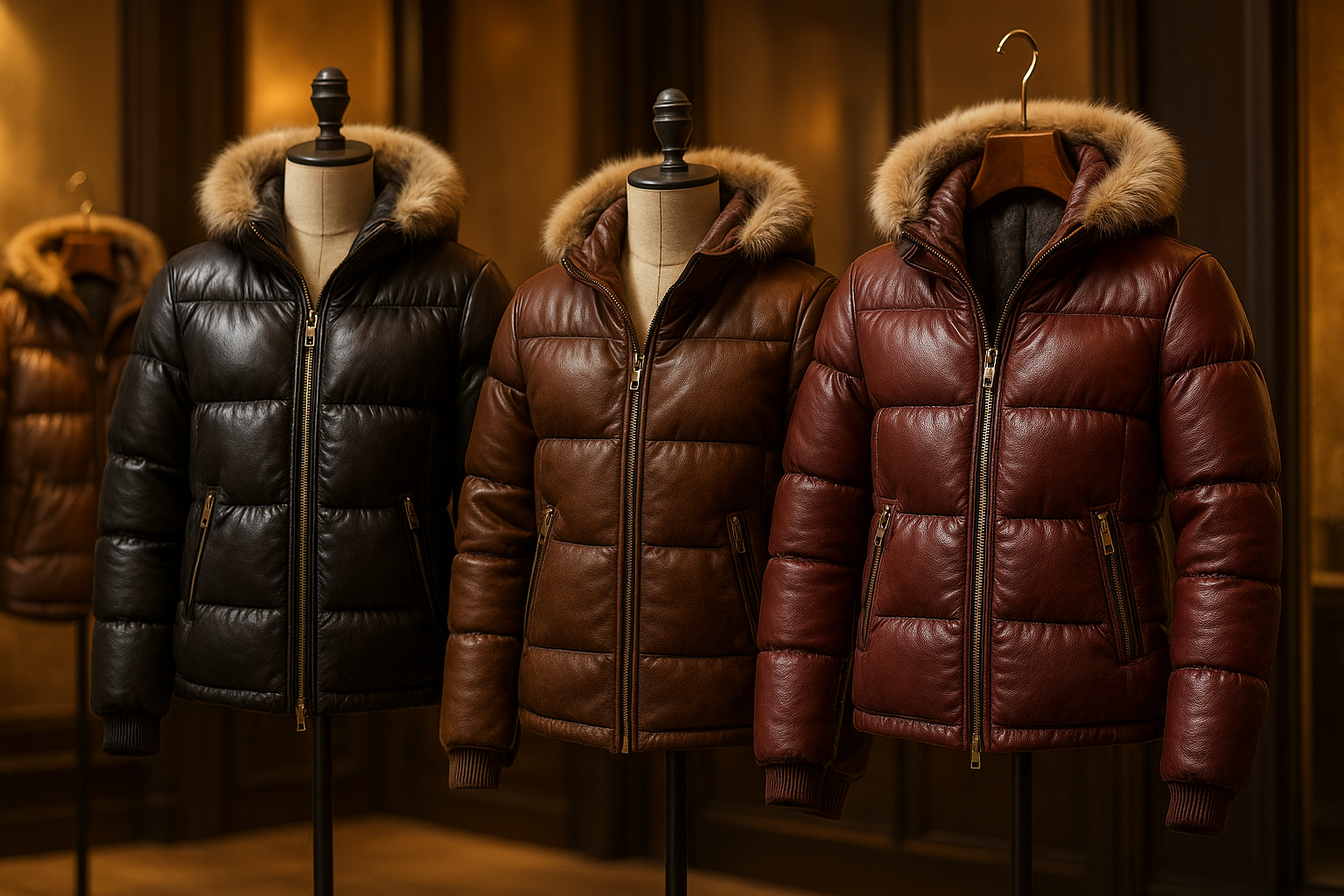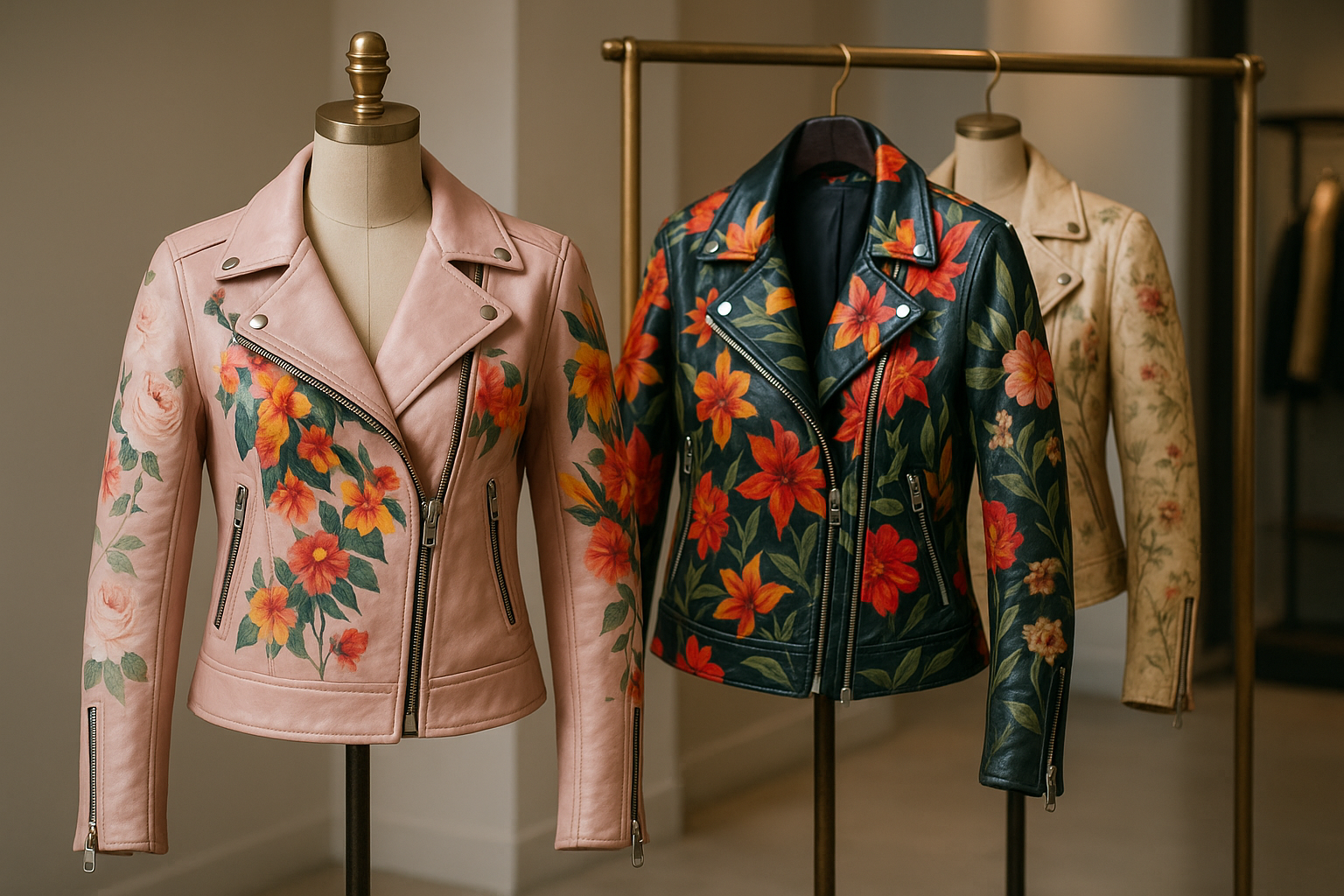1. Why Ventilation Panels Matter in Jackets
-
Improved Comfort: Prevent overheating during wear.
-
Better Airflow: Especially useful for leather or heavy jackets.
-
Modern Functionality: Blends fashion with practicality.
2. Materials for Ventilation Panels
-
Mesh Fabric: Lightweight and breathable.
-
Perforated Leather: Keeps the jacket cohesive while adding airflow.
-
Technical Fabrics: Used in sportswear for durability and comfort.
3. Step-by-Step: How to Add Ventilation Panels
-
Choose Placement: Common spots include underarms, back yoke, or sides.
-
Mark and Cut the Section: Carefully cut out the panel area.
-
Prepare the Panel Material: Cut mesh or perforated leather to size.
-
Sew the Panel In: Use strong stitching for durability.
-
Finish the Edges: Add binding or reinforcement to prevent fraying.
-
Test Airflow: Try on the jacket to check comfort and fit.
4. Design Options for Ventilation Panels
-
Hidden Panels: Discreet mesh under flaps.
-
Statement Panels: Visible perforated leather for a bold look.
-
Zippered Vents: Allows you to open or close airflow when needed.
5. Pro Tips for Success
-
Match panel fabric color with your jacket for a seamless finish.
-
Always reinforce high-stress areas to avoid tearing.
-
Consider lining fabric to balance breathability and structure.
6. Conclusion
Adding ventilation panels in jackets enhances breathability and comfort while giving your piece a modern, functional twist. With careful planning and the right materials, you can enjoy style and airflow in one design.
FAQs
Q1: Where should ventilation panels be placed in jackets?
A1: The underarms, side panels, and back yoke are the most effective spots.
Q2: Can I add ventilation panels to leather jackets?
A2: Yes, by using perforated leather or hidden mesh inserts.
Q3: Do ventilation panels affect the durability of jackets?
A3: Not if reinforced properly with strong stitching and quality materials.
Q4: Are ventilation panels visible?
A4: They can be subtle under flaps or a statement feature depending on design.
Q5: Can ventilation be added without sewing?
A5: Temporary solutions like zippered vents exist, but sewing provides the best results.





